Brands Need to Collaborate With Black Creators and Consumers
By Carl Agers
African-Americans greatly influence the consumer landscape, from fashion to travel to music. As an incredibly diverse consumer group, we don’t fit into a single multicultural segment, instead spanning every demographic and sociographic. And in the last decade, we’ve evolved dramatically from being passive consumers to active participants in shaping the direction and purpose of brands.
A few major factors have contributed to this shift in black America in the past decade. Contrary to popular media depictions, black Americans are far wealthier and more highly educated than ever before.
According to a Nielsen study, between 2016 and 2018, black college enrollment rates increased 11 percent compared to the 1 percent of whites. As a result, African-American buying power will rise to $1.54 trillion by 2022, a five-year estimated growth of 21 percent versus 18 percent for non-Hispanic whites, as found in Selig Center’s 2017 report.
We have also been participating in the power of digital and technology at faster rates than white Americans, specifically in video and audio streaming, gaming and smartphone ownership. The digital democratization of the American voice is most profound among black Americans. The social issues of yesterday and today are fueled by citizen media, with black people leading the way.
So, what does this mean for brands seeking to build and grow? First and foremost, brands must recognize and embrace the power of black Americans as a driving force as both consumers and creators. By doing so, brands can then begin to reach us authentically and involve us as co-creators in the brand narrative.
We are increasingly exposed to advertising and marketing that include models and talent that happen to be black, but these ads aren’t black ads like we’ve seen throughout history. It is far more appealing to most black consumers to see themselves represented as part of the American zeitgeist and not simply segregated to black media.
For example, Buick shows African-Americans in their ads with no difference in lifestyle than that of the white models. A recent Oreo commercial also hits the mark with its story of some of the most professional and successful parents of all colors, working to balance career distractions and family commitments. While the dad in the ad happens to be rap producer and performer Wiz Khalifa, this isn’t a black ad or a rap ad but rather an ad depicting a father-son moment that includes a black rapper.
Read the full article on Adweek


